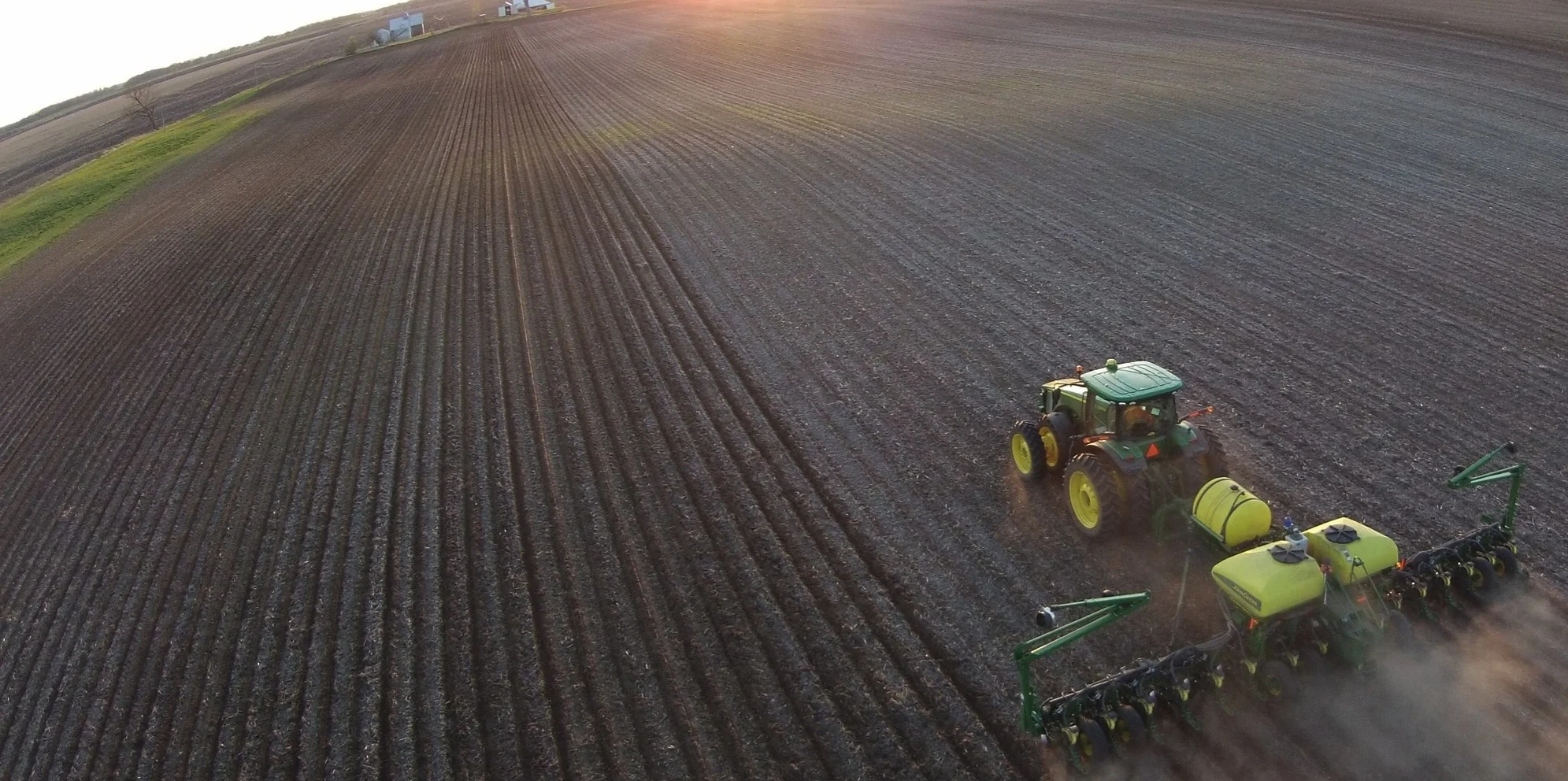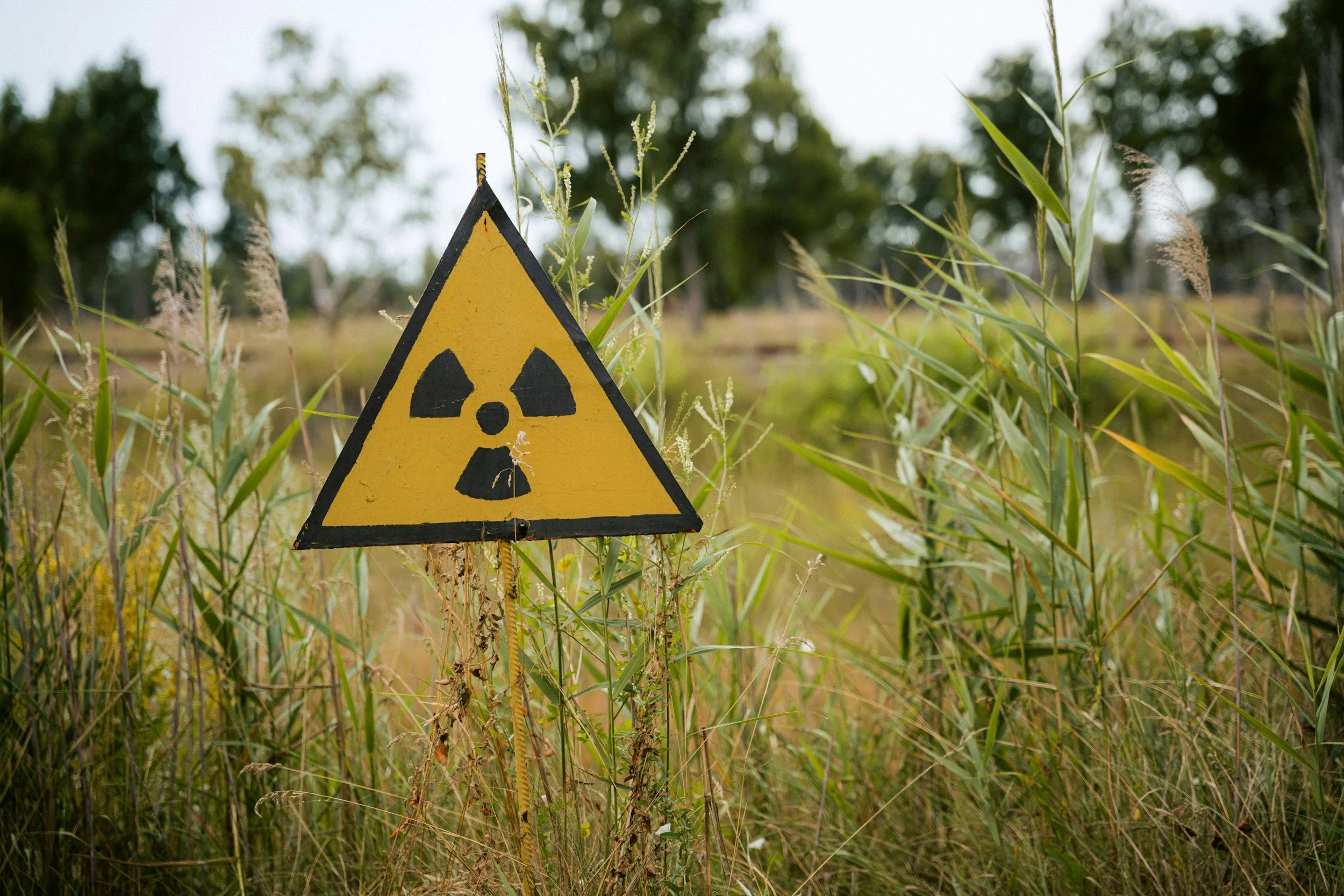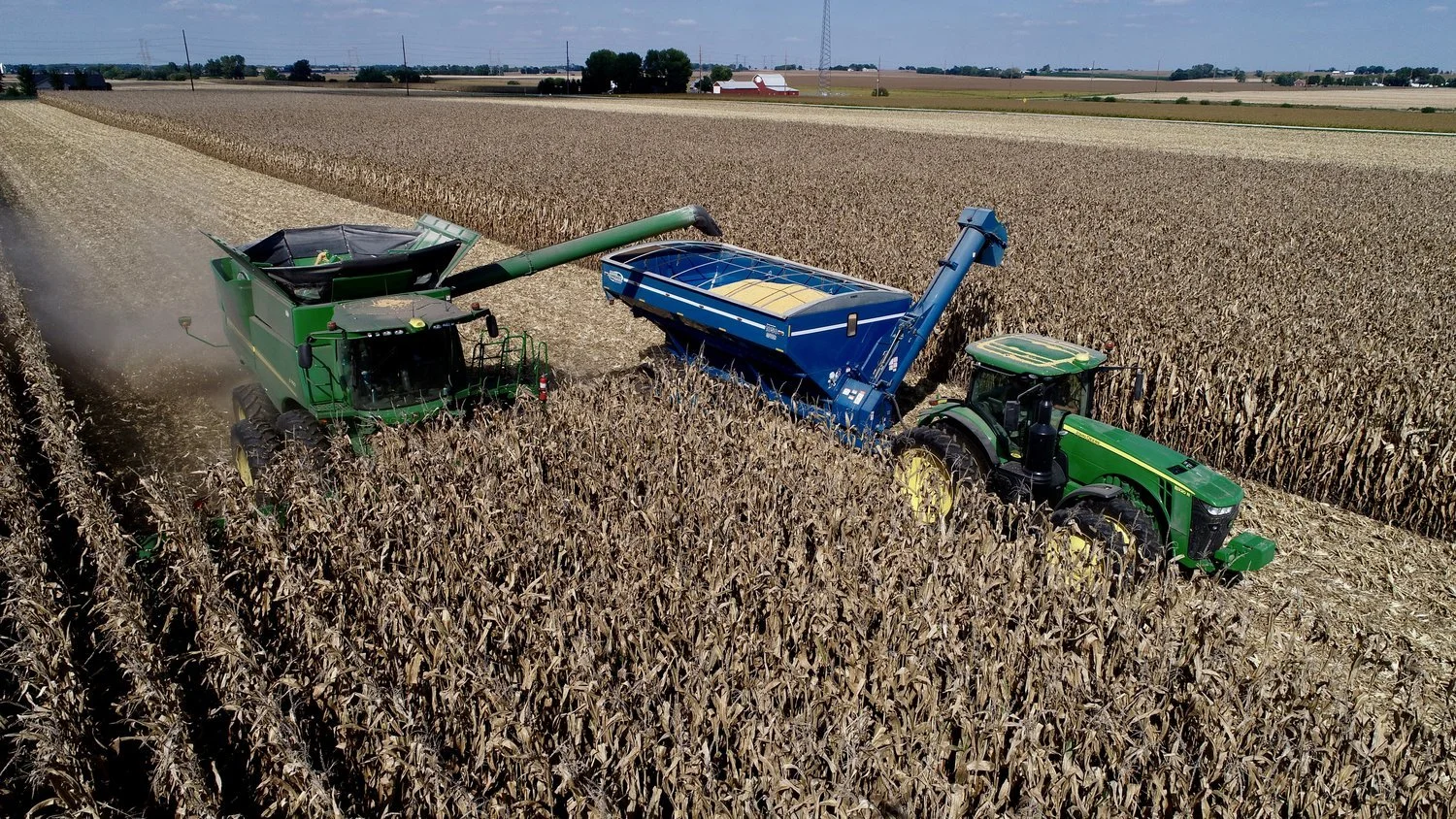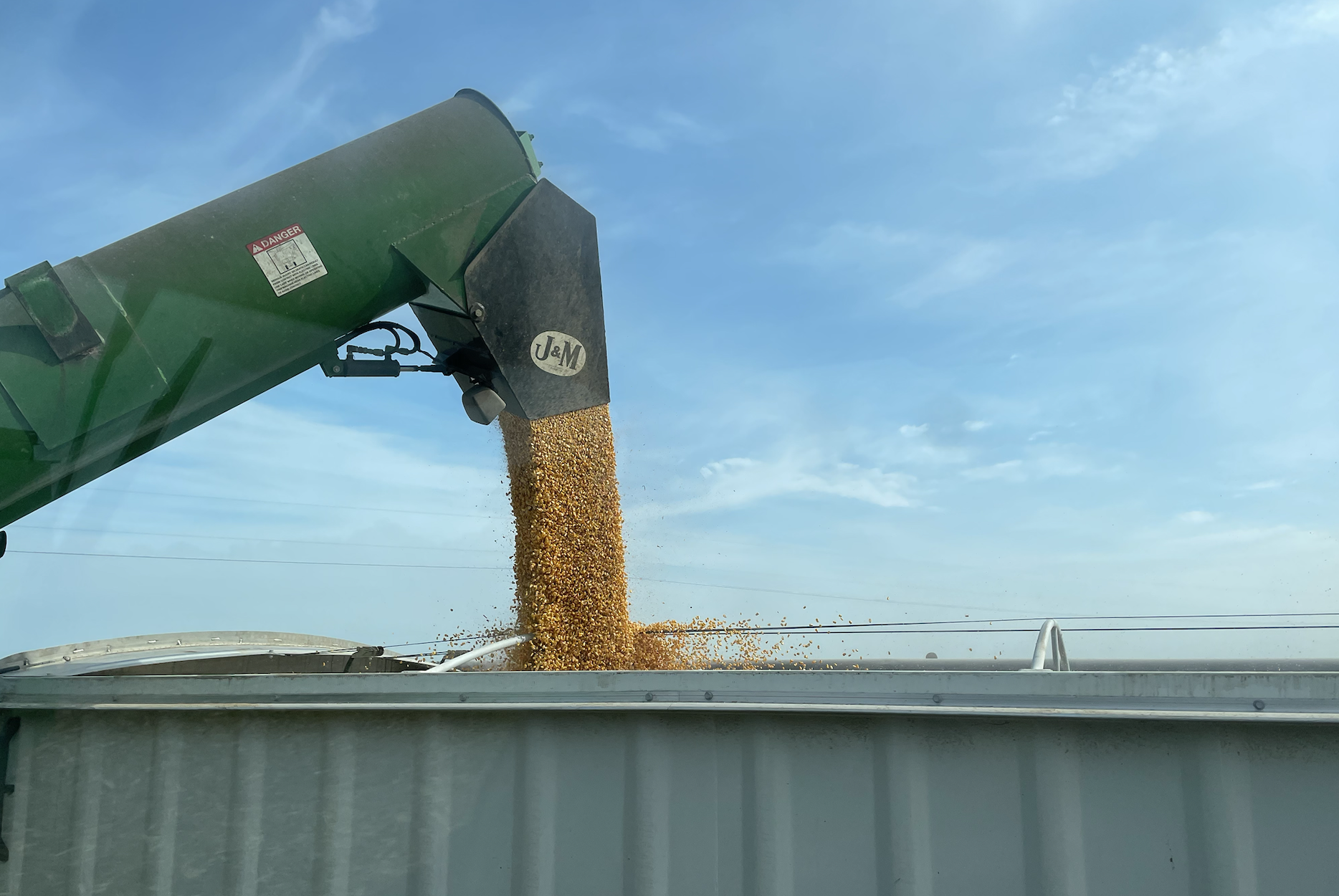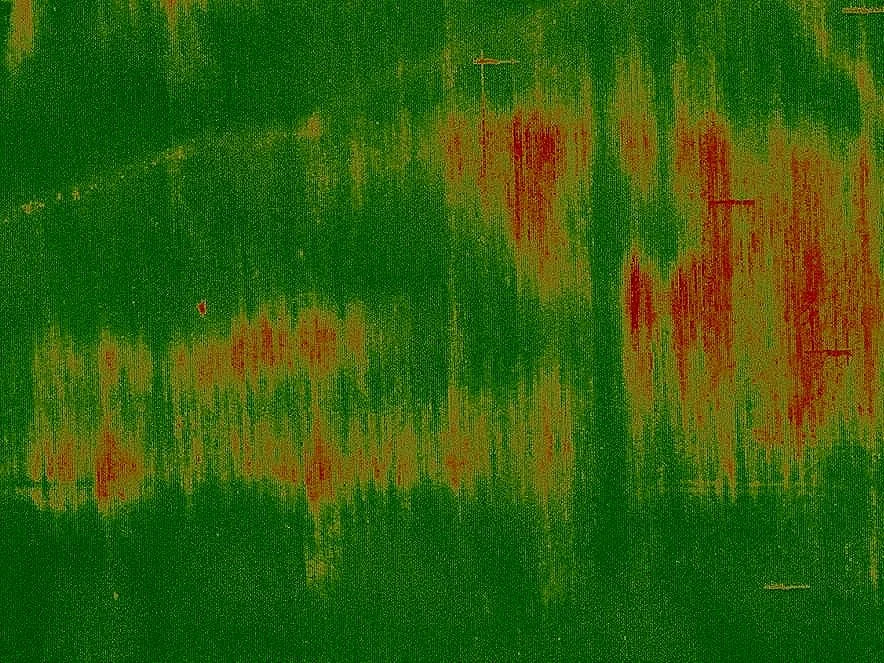AgTech Year in Reverse: 2018
/I love the New Year’s holiday. What a great time to reminisce about the good things, say goodbye to the bad things, and set goals for the next year. For the Janzen Ag Law Blog, I also spend some time looking back at the past year’s agtech developments and start to think about 2019. Here’s my list for the Ag Tech Year in Reverse: 2018.
E-Commerce. I think 2018 was the year ag retailers woke up to find e-commerce knocking on their door. FBN launched its own seed brand to sell online, after being denied the opportunity to sell traditional brands on its online platform. The new FBN brand is not the biggest news, however, as that belongs to the trend of moving ag retail online. While attending a Purdue School of Agribusiness seminar this fall, the various topics in other areas kept coming back to one thing—move to embrace e-commerce or be left behind. I’ve heard all the reasons why e-commerce and ag retail don’t mix—no customer support, hard to return items, etc.—but Kmart and Sears said the same thing when Amazon.com started selling books. E-commerce for ag is coming.
Blockchain. I started 2018 thinking blockchain could be a revolutionary technology for agriculture. Throughout the year my opinion has wavered between “the next best thing” to “this is all hype.” I’ve settled somewhere in the middle. Blockchain has a lot of promise for food traceability, but it is not the solution to all of ag’s problems. Check out Grainchain as a great example of an emerging blockchain-style business. I think in 2019 we’ll see a lot more blockchain platforms hit the market, but we won’t spend as much time talking about how revolutionary blockchain is. It will just be another tool in the belt.
Ag data crop platforms. For years we have been talking about the promise that ag data analytics will offer farmers. Many farmers I meet are still struggling with how to calibrate their machines and upload data to a single cloud platform. The lack of consistent, good quality data has slowed the ROI for crop data. 2018 was a year when we saw a few data platforms fade into irrelevance and others get absorbed by (or partner with) traditional ag companies. We also saw Congress mandate that USDA start to collect conservation data as part of the 2018 Farm Bill. 2019 is going to be another year of consolidation, but let’s hope it is also the year ag data fulfills its promise.
Ag data livestock platforms. Growing another “+2 bushels of corn per acre” seems to have driven agtech platform development for the past few years, because anyone can claim their platform results in a little better crop. With much less fanfare, we are seeing the emergence of smart, livestock data driven platforms that have a lot of potential. Livestock tech is coming on strong. MyDairyDashboard and AgSights’ Go360 BioTrack are a couple of great examples. Watch out, because big livestock players are lurking and ready to make a splash in 2019.
Internet of Things. Remote sensors are starting to arrive at the farm and make a differnence. Teralytic’s remote soil probe can sense real-time NPK and beam those results back to the farmstead miles away. Sound sensors in pig barns can monitor for cough frequency, alerting the farmer when animals need medical treatment long before an outbreak occurs. We have only scratched the surface of connectivity on the farm, so I think we’ll see a lot more IoT devices in 2019.
Tariffs. I hate to spoil a good blog post with mention of tariffs, but we are kidding ourselves to think the trade disruption does not also impact agtech. This fact hit me at the Forbes AgTech Summit this fall, when I talked to multiple agtech startups at the event. I was surprised that tariffs on aluminum and steel were hurting their bottom line. Likewise, trade disruption was making it hard to plan for the long-term. Let’s hope 2019 is the year when we put some of these trade disputes behind us.
Ag Data Transparent. Trade barriers may have stymied US commodity exports, but the Ag Data Transparent effort successfully exported ag data privacy protections oversees. The Ag Data Transparent project, which has been in existence in the US since 2016, this year certified companies in Canada, Brazil, and Kazakhstan (in addition to more US companies). It is exciting to see that farmers in other parts of the globe share the desire for ag data transparency with their US counterparts.
All things considered, I think 2019 is going to be an even bigger year for agtech.

